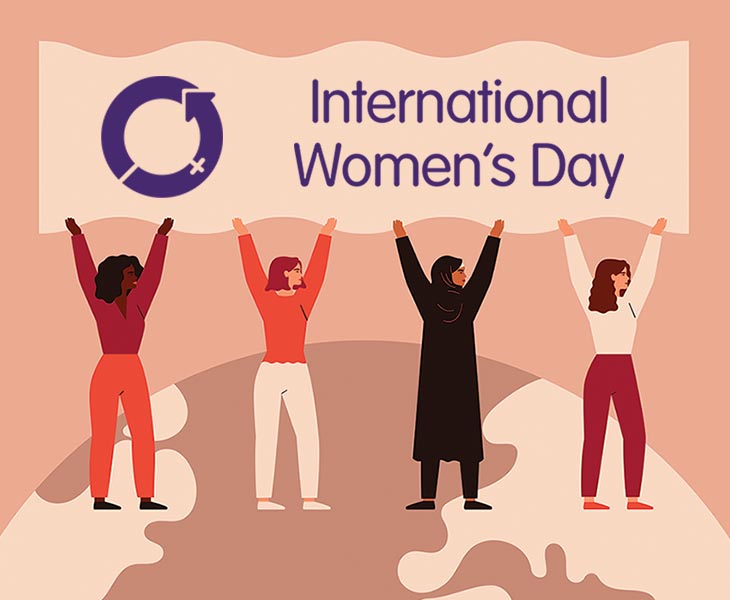For women and girls from lower-class families, menstrual hygiene is a big challenge during an educational period as government facilities (washrooms) are not women and girls friendly. There are no lighting, drying lines, or gender-friendly spaces around the school areas for girls to change pads or clean up during menstruation.
Academic performance correlates with school attendance, however, many women and girls of reproductive age continue to be absent during their menstrual periods and no one cares to investigate such concerns and bring them up for resolution.
- Buhari gives bandits 2 months to surrender – Zamfara governor
- Kaduna Deputy Governor’s look alike gains fame in community
Menstruation is a natural process, but it is rarely discussed because of cultural taboos. Menstrual hygiene, how to manage menstruation safely and with dignity is also neglected in our society. For these reasons, the menstrual hygiene challenges faced by women and girls are made even more difficult, and millions of girls and women of reproductive age continue to be denied their rights to water and hygiene, health, education, dignity and gender equity.
These neglected public health, social and educational issues require prioritization, coordination and investment by both governments and the private sector.
Aishatu Alhaji Kabu sent this piece from the University of Maiduguri

 Join Daily Trust WhatsApp Community For Quick Access To News and Happenings Around You.
Join Daily Trust WhatsApp Community For Quick Access To News and Happenings Around You.


